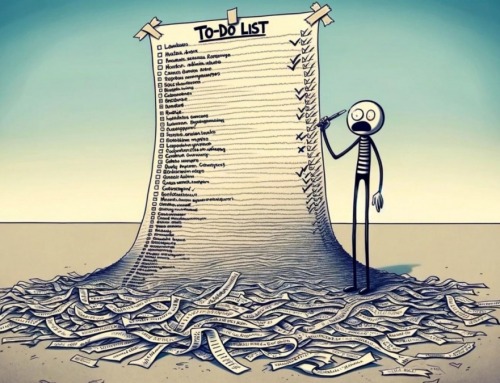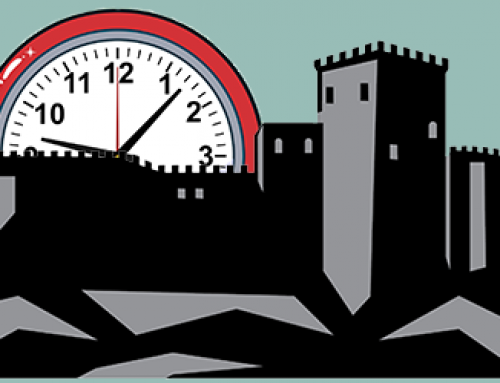Sometimes it’s the smallest decisions that can change your life forever.
A decision is the timely choice or selection of a future course of action. Some decisions are so simple that you’re barely aware you’re making them, while others are time consuming, high risk, and can leave you feeling anxious.
Decisions can make or break a project or an entire business. And they often involve complex and unpredictable interpersonal issues, too.
Because so much is at stake in some of these situations, we often don’t make a decision when necessary because we feel we’ll make a mistake. We want to be sure, and so we procrastinate. Frequently we find it much easier to avoid our problems than to decide how to deal with them—or, at least, it seems that way.
But you should recognize the simple fact that both making a decision or NOT making a decision will have an effect in your life. Saying, “I’ll think about it tomorrow” or “I’ll worry about it later” is, in reality, making a decision without realizing you’ve made a decision.
“I am not a product of my circumstances; I am a product of my decisions.” —Stephen Covey
Everything you do and everything you are is the end result of a decision. Decisions are not ends in themselves, they’re merely steps or milestones in the course of our lives. All decisions are sequential and cumulative—each succeeding decision builds upon the previous many, and there’s no end to the process.
Increase your effectiveness with PlanPlus Online.
A productivity system for leaders.

Stay committed to your decisions, but stay flexible in your approach
To avoid making a bad decision, you need to bring a range of decision-making skills together in a logical and ordered process:
Investigate the Situation in Detail
Decisions often fail because key factors are missed or ignored from the outset. So, before you can begin to make a decision, you need to fully understand your situation.
 Create a Constructive Environment for Your Decision
Create a Constructive Environment for Your Decision
Can you give your decision the attention it needs? Spend some time preparing yourself before diving into the facts and figures. Remember that most decisions will affect other people too, so it helps to create a constructive environment in which to explore the situation together and gain support. Enable people to contribute to the discussions without any fear of the other participants rejecting them and their ideas.
Generate Good Alternatives to Decide Between
The wider the options you explore, the better your final decision is likely to be. Generating a number of different options may seem to make your decision more complicated at first, but the act of coming up with alternatives forces you to dig deeper and to look at the problem from different angles.
Explore Your Options
When you’re satisfied that you have a good selection of realistic alternatives, it’s time to evaluate the feasibility, risks and implications of each one. Almost every decision involves some degree of risk. You’ll need a structured approach for assessing threats and evaluating the probability of adverse events occurring – and what they might cost to manage.
Select the Best Solution
Once you’ve evaluated the alternatives, the next step is to make your decision!
Evaluate Your Plan
After all the effort and hard work, it can be tempting to forge ahead at this stage. But now, more than ever, is the time to “sense check” your decision. After all, hindsight is great for identifying why things have gone wrong, but it’s far better to prevent mistakes from happening in the first place!
Communicate Your Decision, and Take Action
Once you’ve made your decision, you need to communicate it to everyone affected by it in an engaging, informative and inspiring way. Get them involved in implementing the solution by discussing how and why you arrived at your decision. The more information you provide about risks and projected benefits, the more likely people will be to support it.
Life is full of tough choices, but they don’t need to be massive drains on your time. Lay a strong foundation to make decisions generally and you’ll spend less time agonizing over your decisions without making careless choices you’ll later regret.
See also:






